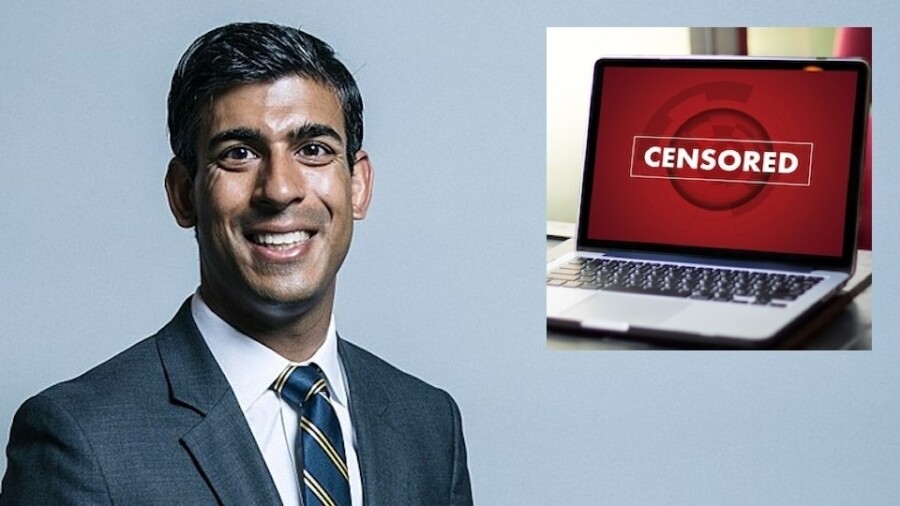
Legal Opinion Lambasts UK’s ‘Online Safety Bill’ As Dangerous, Possibly Unlawful
LONDON — U.K. digital rights advocacy nonprofit Open Rights Group (ORG) released a formal Legal Advice regarding the prior restraint provisions in the proposed Online Safety Bill, in which experts deemed the current version dangerous and potentially unlawful.
The document was commissioned by ORG, a digital campaigning organization working to protect rights to privacy and free speech online, and prepared by legal experts Dan Squires, KC, and Emma Foubister from Matrix.
The experts concluded that ” there are real and significant issues rgarding the lawfulness of the current version of the Bill, and in particular the prior restraint provisions.”
The Legal Advice focused on Clause 9(2)(a) of the proposed bill , which “places a duty on online platforms, such as Facebook and Twitter, to prevent users from ‘encountering’ certain ‘illegal content,’ which includes a wide range of offenses.”
That clause, the legal experts noted, “effectively amounts to prior restraint, as it will require the interception and blocking of online communication (meaning that the content is never posted).”
A major cause for concern is that “there is no requirement in the Bill for individuals to be notified that their content has been blocked, let alone provided with reasons for the blocking.
ORG, the document pointed out, “is concerned that automatic programs are prone to error, especially in interpreting contextual meaning, and are unable to perform the textual and legal analysis needed to distinguish lawful and unlawful content. In particular, they have been shown to entrench and perpetuate bias against minority groups by, for example, disproportionately and incorrectly identifying language and actions of such groups as harmful or dangerous.”
Although the authors of the Legal Advice agree that detecting and preventing the distribution of CSAM, terrorist and other material online is a legitimate aim, they consider that the bill “is likely to give rise to a disproportionate interference” with the Article 10 of the UK Human Rights Act, which protects a subject’s right to hold their own opinions and to express them freely without government interference.
As XBIZ reported, the Tory government of Prime Minister Rishi Sunak is currently under pressure of a campaign by hardline conservatives in his own party to address adult content online through the Online Safety Bill.
After years of delays, the Sunak government has made the controversial bill a priority, seeking to hand a victory to social conservatives, religious crusaders and SWERF activists. Those groups have been conducting a moral panic campaign around “harmful content” — which for many of them includes all porn — through the U.K. media, marketing the bill as a “save the women and children” measure while disregarding or minimizing privacy and technical issues.
Earlier this month, Sunak also ordered a “all legislation covering pornography both on and offline to be reviewed to ensure that it is ‘fit for purpose.'”
Main Image: U.K. Prime Minister Rishi Sunak
